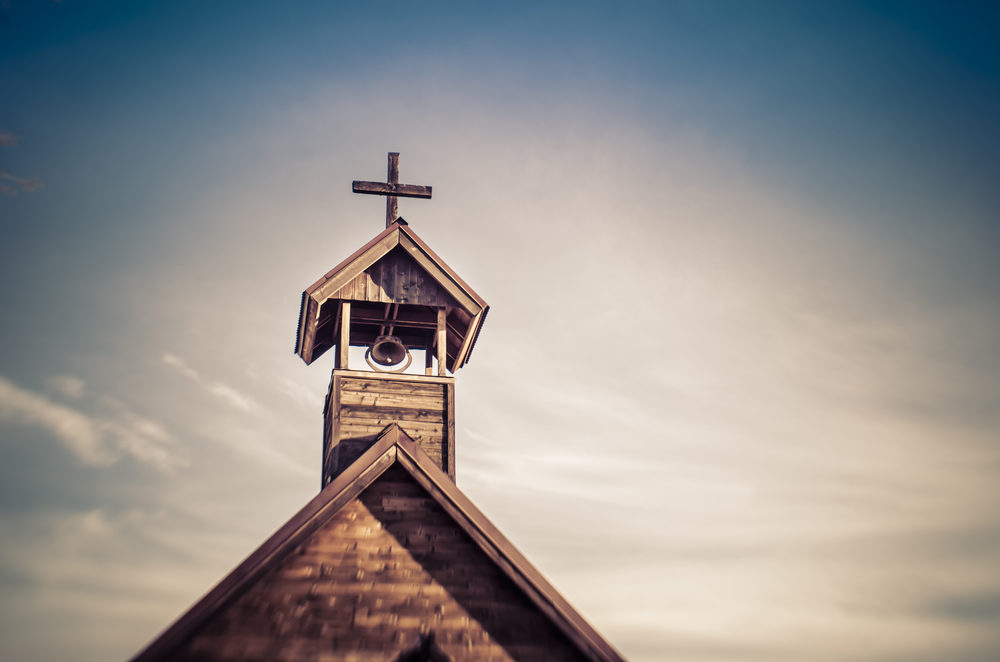
State lawmakers have passed a landmark piece of legislation that will provide an opportunity for sexual abuse survivors who were abused as minors to seek justice in civil courts. Senate Bill 73 pass the state Senate and the bill is now on its way to Governor Jared Polis who has indicated a willingness to sign the bill into law.
Legislation eliminating the civil statute of limitations for sexual assault cases has repeatedly failed in the Colorado General Assembly, including at least three times in the 15 years preceding the 2021 lawmaking term. But following a 2019 report on widespread child sexual abuse by Catholic priests in Colorado, the effort gained new steam.
Not Retroactive
Under current law, child sex assault victims in Colorado have six years from the day they turn 18 to sue their abusers. Senate Bill 73 gives people for whom that six-year statute of limitations hasn’t run out and anyone abused after Jan. 1, 2022, unlimited time to file a lawsuit against their abuser or abusers.
The legislation does not affect victims of historic sexual abuse, such as those abused by Colorado priests decades ago. For criminal cases, there is no statute of limitations for child sex assault in Colorado.
Legislative lawyers said a “lookback window” violates the state’s constitution, according to bill sponsors Commerce City Rep. Dafna Michaelson Jenet and Soper.
Ted Trimpa, a Colorado lobbyist for the Victim Policy Institute based in Washington, D.C., had argued against the bill last year, saying it didn’t go far enough without the “lookback window.” He believed Colorado lawmakers should have taken the issue to court because other states have successfully won such challenges.
The lack of retroactivity is not a minor issue since many survivors who were abused as children were abused decades ago and still cannot find justice for what happened to them. While this bill is a remedy for future cases, it does nothing to address the historical injustice suffered by many Colorado residents.
Many legislatures are hesitant to tackle these issues even though there are obvious and substantial issues of equity and justice at play. Powerful influences from lobbying groups put pressure on elected officials to steer clear of such reform legislation. The Catholic Church and the insurance lobby are two of the most influential and powerful groups who hold sway in the state capitol. The Colorado Catholic Conference, which represents the state’s three dioceses — Denver, Colorado Springs and Pueblo — said it has supported unlimited time to seek criminal charges but not, as proposed in the bill, for civil statutes.

Admitted to practice law in all federal multidistrict litigation courts, the California State Bar and the Florida Bar. His philosophy is to provide aggressive, quality representations and seek fair compensation for individuals and their families who have suffered injury, death, or sexual abuse.

















Comments for this article are closed.